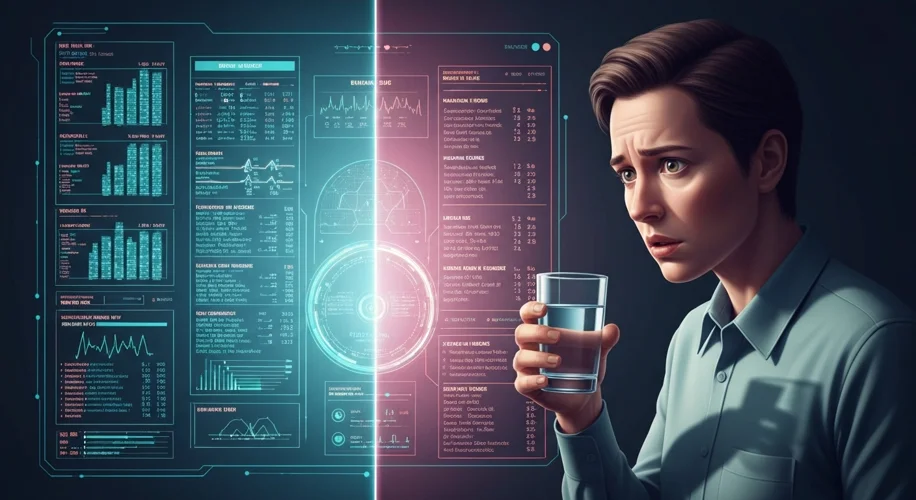It’s easy to get excited about the possibilities of AI. We’ve all seen how tools like ChatGPT can help with writing, coding, and even brainstorming. But a recent news report highlights a crucial point: not all AI-generated advice is safe or accurate.
According to NewsNation, a man recently reported poisoning himself after following dietary advice he received from ChatGPT. This incident is a stark reminder that while AI can be incredibly useful, it’s not a substitute for professional medical or nutritional guidance.
Why This Happens
Large language models like ChatGPT are trained on vast amounts of text data from the internet. This data includes everything from scientific journals and expert articles to personal blogs and forums. The AI learns to predict the next word based on this data, meaning it can sometimes generate information that sounds plausible but is actually incorrect, outdated, or even dangerous.
In the case of dietary advice, the AI might not understand the nuances of individual health conditions, allergies, or the complex interactions between different foods and the human body. It doesn’t have your medical history, and it can’t assess your specific needs like a doctor or a registered dietitian can.
The Importance of Verification
This incident underscores the critical need for us to be discerning consumers of information, regardless of the source. Just because something comes from a sophisticated AI doesn’t make it automatically true or safe.
Here’s what we can do:
- Consult Professionals: Always verify health, diet, and medical advice with qualified professionals. Your doctor, a registered dietitian, or a licensed therapist are trained to provide personalized and safe guidance.
- Cross-Reference Information: If you do get information from AI or the internet that seems useful, try to find it from at least two other reputable sources. Look for information from established health organizations, peer-reviewed studies, or well-known medical institutions.
- Be Skeptical: Approach any health advice found online, even from AI, with a healthy dose of skepticism. If it sounds too good to be true, or if it recommends extreme measures, it’s probably wise to be cautious.
- Understand AI’s Limitations: AI is a tool, not an oracle. It can assist, inform, and create, but it lacks real-world understanding, personal judgment, and the ability to empathize with individual circumstances.
Looking Ahead
As AI technology continues to develop, we’ll likely see more instances like this. It’s up to us to stay informed, stay critical, and prioritize our health and well-being by seeking advice from trusted human experts. Let’s harness the power of AI responsibly, remembering that the most important data comes from our own bodies and the professionals who understand them.

